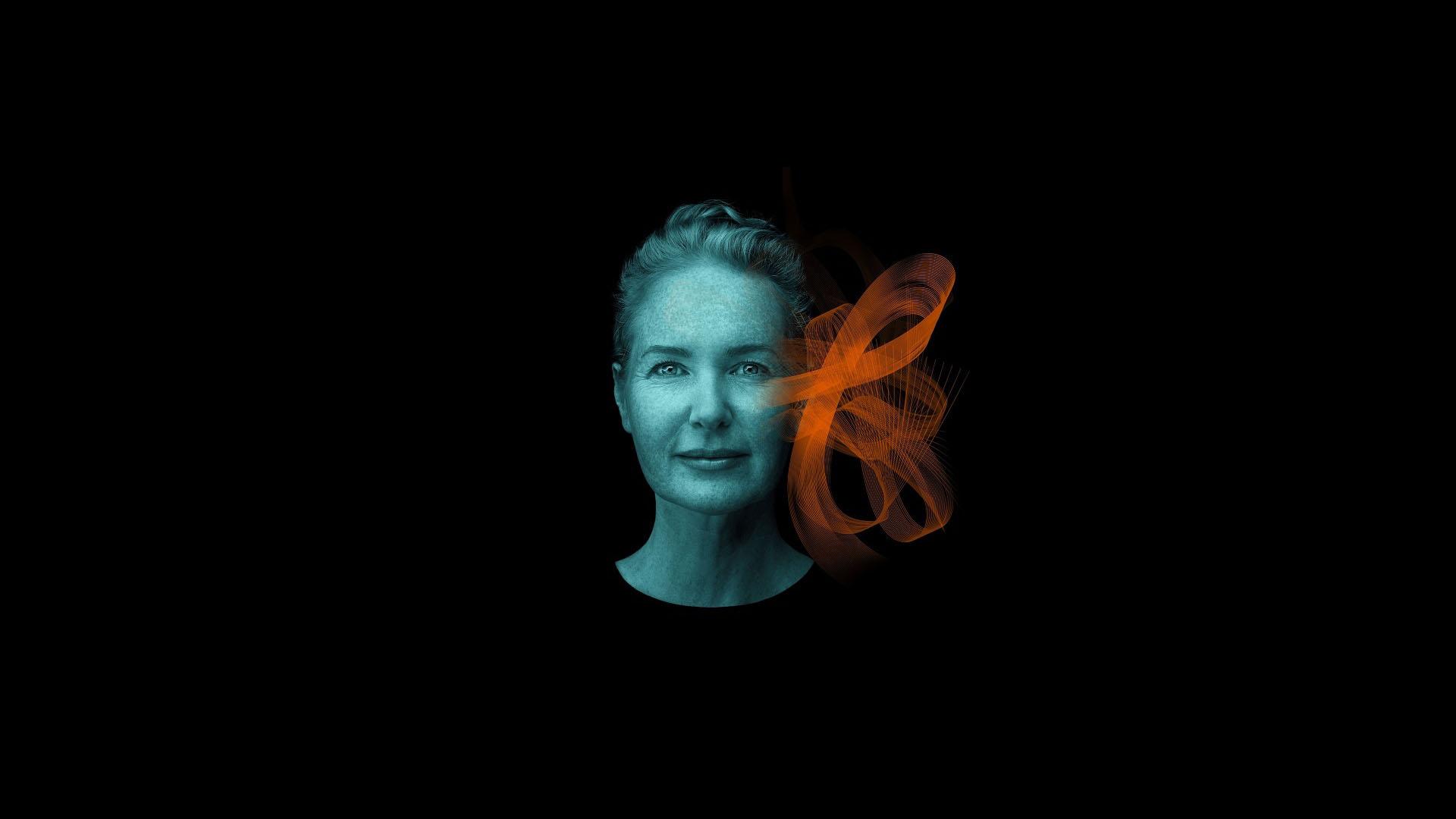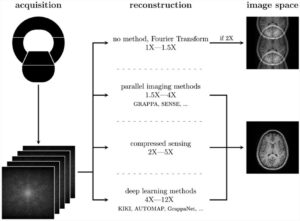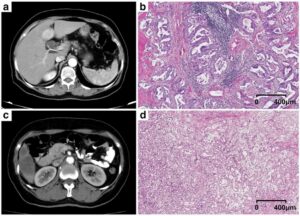During the COVID-19 pandemic, routine breast cancer screening is largely being put on hold in many countries. Although it is not directly related, Sars-CoV-2 will have an effect on breast cancer screening and care. Having a closer look to Germany for instance, letters inviting women to screening were suspended until April, 30th.* The enormous decline in breast cancer screening is a trend that has experts concerned about an enormous demand in screening, when restrictions are lifted.
Even without the pandemic, mammography departments worldwide are facing the challenge of a growing number of cases and a shortage of qualified staff. The pandemic heightens these challenges, with completely new ones like having to change routines and workflows to comply with the new sanitary standards or triaging appointments. Additionally, the availability of staff and expertise may continue to be impacted. As countries begin to re-open and services start to resume, how can physicians handle the influx of new screening cases? And how can screening become more efficient?
Artificial intelligence has been utilized in many aspects of radiology to help healthcare providers deal with the growing demands, especially in screening environments. This will be even more important, as we will see a surge of cases after facilities begin to open their doors again.
In regard to breast care, Artificial Intelligence can help radiologists in the early detection of breast cancer with mammography and breast tomosynthesis
In recent years, several deep learning-based algorithms for automated analysis of mammograms have been investigated. One such solution, Transpara® from ScreenPoint Medical (a strategic partner of Siemens Healthineers), has already shown promising stand-alone detection results in experimental scenarios [1, 2, 3]. The high-performance level of these new AI algorithms has allowed the development of systems that can provide radiologists with an enhanced level of support, not simply displaying markings, but that can go deeper into diagnostic decisions such as determining the risk of a lesion representing cancer or confidently determining, which screening exams do not contain any suspicious abnormality. This type of case scoring can allow radiologists to prioritize the cases which need immediate attention first. This will be vital during and after the pandemic. By automatically pre-selecting exams using AI, the solution can help significantly reduce breast cancer screening workload [3].
Improving reader accuracy – with focus on lowering the number of mammographically-detected cancers missed at screening – and reducing workload without compromising quality are the aims of most of the latest breast imaging AI systems.
Read a summary of the initial clinical evidence conducted with one of the first developed interactive decision support AI systems for mammography and breast tomosynthesis: Transpara®. The article “Artificial Intelligence to Help Radiologists in the Early Detection of Breast Cancer with Mammography and Breast Tomosynthesis” is part of the whitepaper “Breast Care. Because We Care.” From Siemens Healthineers. Download the whitepaper here!
*) https://www.aerzteblatt.de/nachrichten/111395/Mammografie-Screening-voruebergehend-ausgesetzt. (Date: March 26th, 2020).
1. A. Rodriguez-Ruiz, K. Lång, A. Gubern-Merida, M. Broeders, G. Gennaro, P. Clauser, T. Helbich, m. Chevalier, T. Tan, T. Mertelmeier, W. Wallis, I. Andersson, S. Zackrisson, R. Mann, I. Sechopoulos. Stand-alone artificial intelligence for breast cancer detection in mammography: Comparison with 101 radiologists. Journal of the National Cancer Institute 2019;111(9):djy222. https://doi.org/10.1093/jnci/djy222
2. A. Rodriguez-Ruiz, E. Krupinski, J. Mordang, K. Schilling, S. Heywang-Kobrunner, I. Sechopoulos, R. Mann. Detection of breast cancer using mammography: Impact of an Artificial Intelligence support system. Radiology 2019;290 (2), 305-314. https://doi.org/10.1148/radiol.2018181371
3. A. Rodriguez-Ruiz, K. Lång, A. Gubern-Merida, J. Teuwen, M. Broeders, G. Gennaro, P. Clauser, T. Helbich, M. Chevalier, T. Tan, T. Mertelmeier, W. Wallis, I. Andersson, S. Zackrisson, I. Sechopoulos, R. Mann. Can we reduce the workload of mammographic screening by automatic identification of normal exams with artificial intelligence? A feasibility study. European Radiology 2019;29:4825. https://doi.org/10.1007/s00330-019-06186-9













